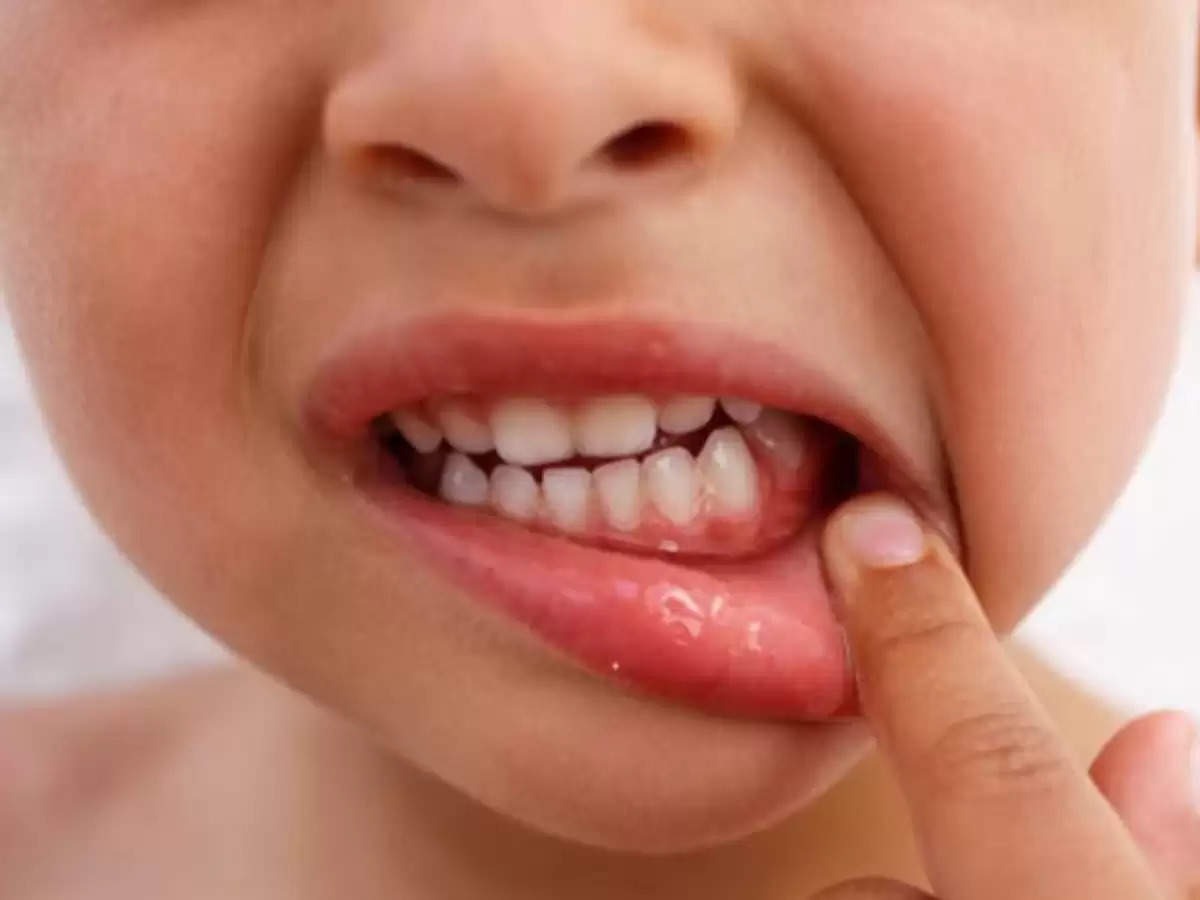Calcium is extremely important for the growth and overall health of children. It strengthens bones and teeth and is essential for the proper functioning of muscles, nerves and heart. In such a situation, a lack of calcium in a child's body can have very serious consequences.
However, many parents fail to recognize the symptoms of calcium deficiency, due to which children have to suffer its consequences throughout their lives. Do not make such a mistake. Here we are giving information about 5 major symptoms of calcium deficiency in children, with the help of which you can immediately take measures to keep your child healthy-
Calcium deficiency can lead to weak bones and teeth. In children, it can also affect bone growth, causing bones to become thin and weak. Tooth pain, cavities, or early tooth decay can also be a sign of calcium deficiency.
muscle pain and cramps
Calcium deficiency can cause muscle pain, cramps or strains in children. This condition can be especially severe at night, due to which children may feel restless and irritable during sleep.
growth arrest
Calcium deficiency can hinder the normal physical development of children. If calcium deficiency persists, children's height and weight growth may slow down. Apart from this, other important processes of development may also be affected.
Itching and dryness of the skin
Calcium deficiency can also affect the skin, causing it to become dry and itchy. Babies may also develop rashes or swelling on their skin, which can be a sign that they are low on calcium.
irritability
Calcium deficiency can also affect children's mental state and emotional health. It can cause problems like irritability, anxiety and difficulty in concentrating. In some cases, it can also affect the child's learning ability and behavior.
Tips to prevent calcium deficiency
– Include milk, curd, cheese, green leafy vegetables and nuts in the diet of children.
– Vitamin D is also needed for better absorption of calcium, so spend time in the sun and eat foods rich in vitamin D.
 look news india
look news india
